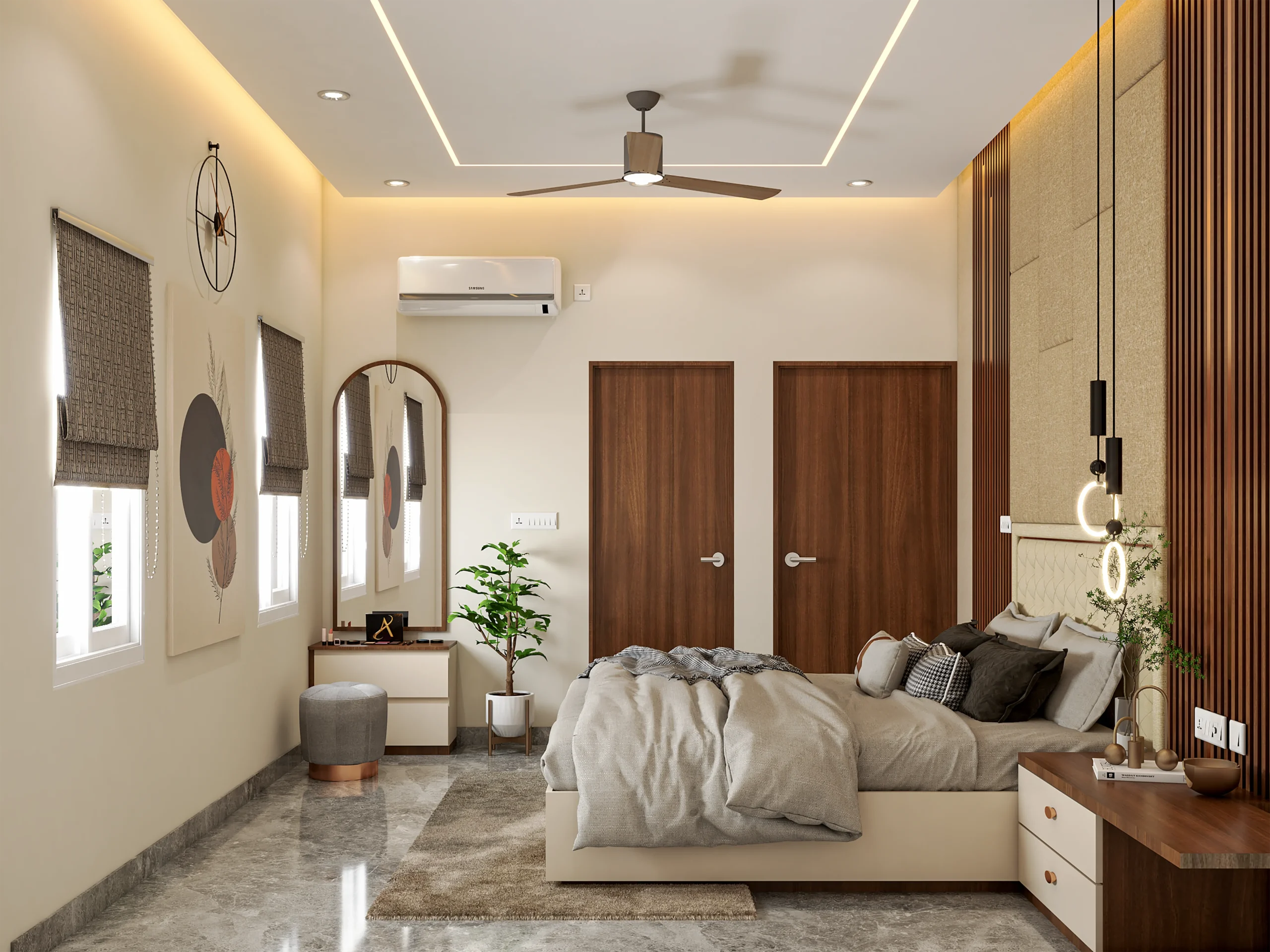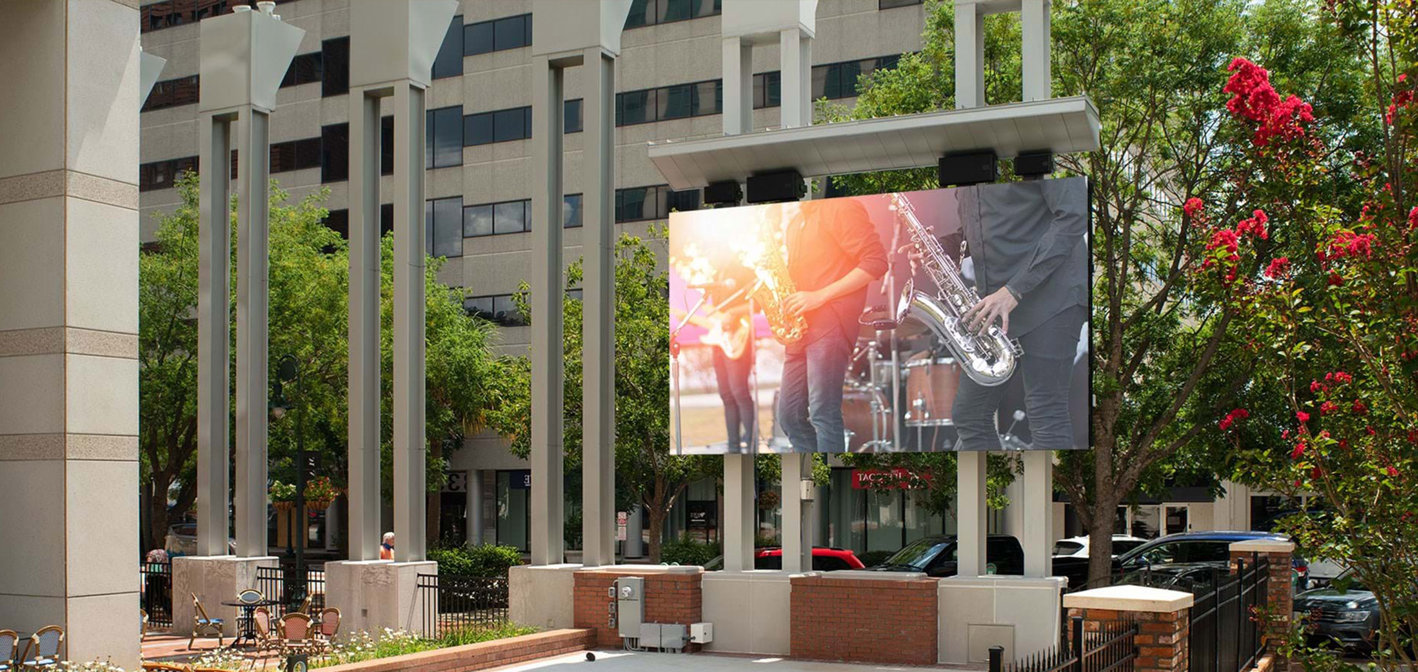Choosing the right interior designer can be the difference between a stressful project and a seamless transformation of your home or workspace. While many people have a sense of style, an Interior designer brings expertise, creativity, and problem-solving skills that elevate your vision into a stunning reality. But with so many professionals available, how do you know who’s the right fit for you? The answer lies in understanding the qualities that set apart a great interior designer from the rest.
Creativity and Innovation
The first and most obvious trait of an interior designer is creativity. A talented designer sees possibilities where others see limitations.
Thinking Outside the Box
An experienced interior designer isn’t afraid to experiment with colors, textures, and layouts. They can take your ideas—no matter how simple or vague—and elevate them with innovative solutions. For example, they may suggest multipurpose furniture in a small space or use lighting to highlight architectural details you hadn’t noticed before.
Setting Trends, Not Just Following Them
While many people rely on popular design trends, a skilled interior designer crafts timeless interiors that stand apart. They blend current styles with personal touches, creating spaces that feel both modern and uniquely yours.
Strong Communication Skills
Another vital quality of an interior designer is the ability to listen and communicate effectively.
Understanding Client Needs
A great interior designer takes time to understand your lifestyle, preferences, and goals. They ask the right questions and pay attention to details that matter to you, ensuring that the final design reflects your personality rather than just their own style.
Clear and Transparent Communication
An interior designer must also communicate clearly about budgets, timelines, and expectations. Open dialogue ensures there are no surprises along the way, and clients feel confident in the process.
Technical Knowledge and Expertise
Beyond aesthetics, an interior designer needs a solid foundation in technical skills.
Space Planning and Functionality
Every home or office must balance beauty with practicality. An interior designer understands spatial flow, ergonomics, and how to maximize functionality without compromising style. They make sure the design enhances your everyday living rather than hindering it.
Knowledge of Materials and Finishes
An interior designer knows which materials work best for durability, comfort, and aesthetics. For example, they may recommend stain-resistant fabrics for families with kids or sustainable wood for eco-conscious homeowners. Their expertise ensures the right balance between style and practicality.
Project Management Skills
Transforming a space requires coordination and organization—qualities that every interior designer must master.
Handling Timelines and Budgets
A strong interior designer knows how to manage projects efficiently, keeping everything on schedule and within budget. This prevents costly delays and ensures smooth progress from concept to completion.
Coordinating with Contractors and Vendors
From electricians to furniture suppliers, an interior designer acts as the point of contact for all parties involved. Their leadership keeps everyone aligned, reducing stress for the client.
Attention to Detail
Designing a space goes beyond choosing furniture and paint. The best interior designer pays close attention to the small details that make a design exceptional.
Perfecting Every Element
Whether it’s the alignment of lighting fixtures, the choice of hardware, or the texture of fabrics, an interior designer ensures that every element works together harmoniously. These subtle touches are often what make a room feel truly complete.
Anticipating Challenges
A skilled interior designer also foresees potential issues before they arise. They spot structural limitations, budget concerns, or logistical challenges early on and provide solutions before they become problems.
Adaptability and Problem-Solving
No matter how well a project is planned, unexpected obstacles often appear. This is where an interior designer proves their adaptability.
Handling the Unexpected
Whether a material goes out of stock or a contractor runs into issues, an interior designer remains calm under pressure. They think on their feet and adjust plans while still keeping your vision intact.
Offering Practical Solutions
Instead of seeing obstacles as setbacks, an interior designer sees them as opportunities to refine the design. This flexibility ensures a smoother process and a better end result.
Passion and Professionalism
Lastly, one of the most important qualities of an interior designer is passion. When someone genuinely loves their craft, it shows in the quality of their work.
Dedication to Excellence
A passionate interior designer goes above and beyond to ensure clients are thrilled with the outcome. Their enthusiasm drives them to stay updated with trends, materials, and innovations.
Building Trust and Confidence
Professionalism is equally important. A trustworthy interior designer respects deadlines, budgets, and your home, building a relationship based on trust and transparency.
Conclusion
Selecting the right interior designer is more than just choosing someone with a good portfolio. It’s about finding a professional who combines creativity, technical skill, communication, and passion. The best interior designer listens closely, manages projects effectively, pays attention to detail, and remains adaptable under pressure. By focusing on these qualities, you’ll not only find someone who can bring your vision to life but also enjoy a smooth, stress-free design journey. Ultimately, the right interior designer doesn’t just create beautiful rooms—they create spaces that truly feel like home.



